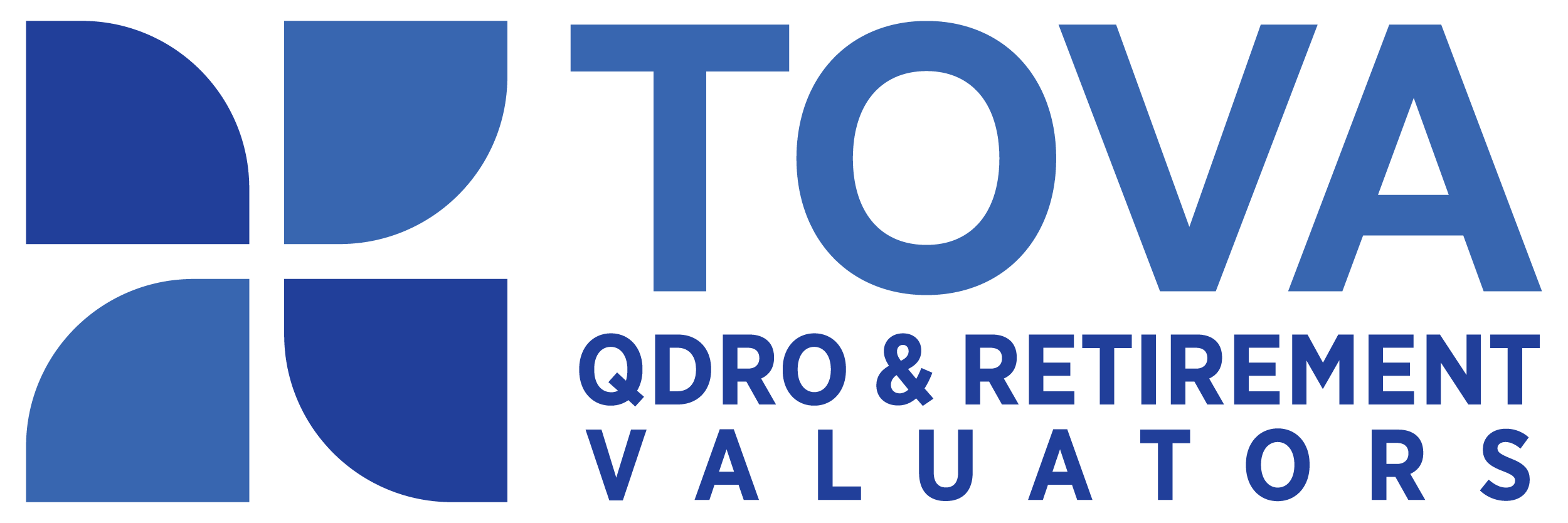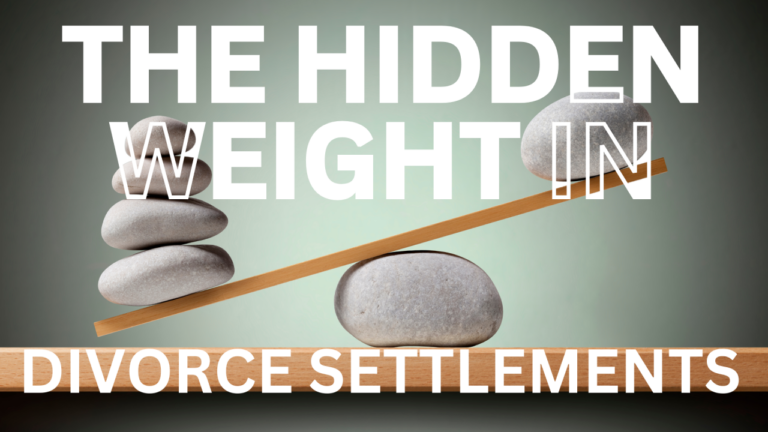Stop Guessing About Cash Balance Plans.
Cash balance plans look simple, but they’re not. These hybrid plans combine pension-like guarantees with 401(k)-style balances. And that’s the trap. Assume they’re like a 401(k)? That’s where settlements fall apart.
Here are three must-know truthsbefore you touch a cash balance plan:
- Equalizing is a No-Go: These plans don’t grow like a 401(k). Limited, predictable growth means equalizing against market-based accounts is a mistake your client will pay for.
- Vesting Can Ruin It All: If the plan isn’t vested, the non-employee spouse might get awarded… nothing. Settlement language must protect against forfeiture.
- Two Business Owners? Double Trouble: When divorcing co-owners have a plan, you’re not just dividing an asset—you’re dissecting liabilities, future payouts, and compliance risks.
And the biggest “Oh no!” moment? Finalizing a settlement with the wrong language. These plans require custom language tailored to their unique rules. Some can be split like pensions; others, not so much.
The takeaway: As soon as you see a cash balance plan, call your retirement specialist. Don’t value it. Don’t assume. Ask.

